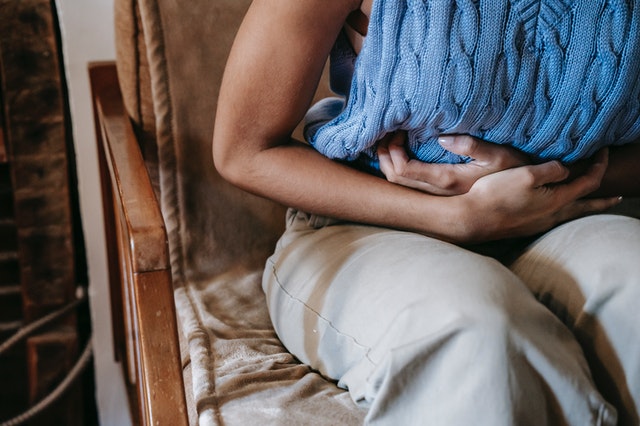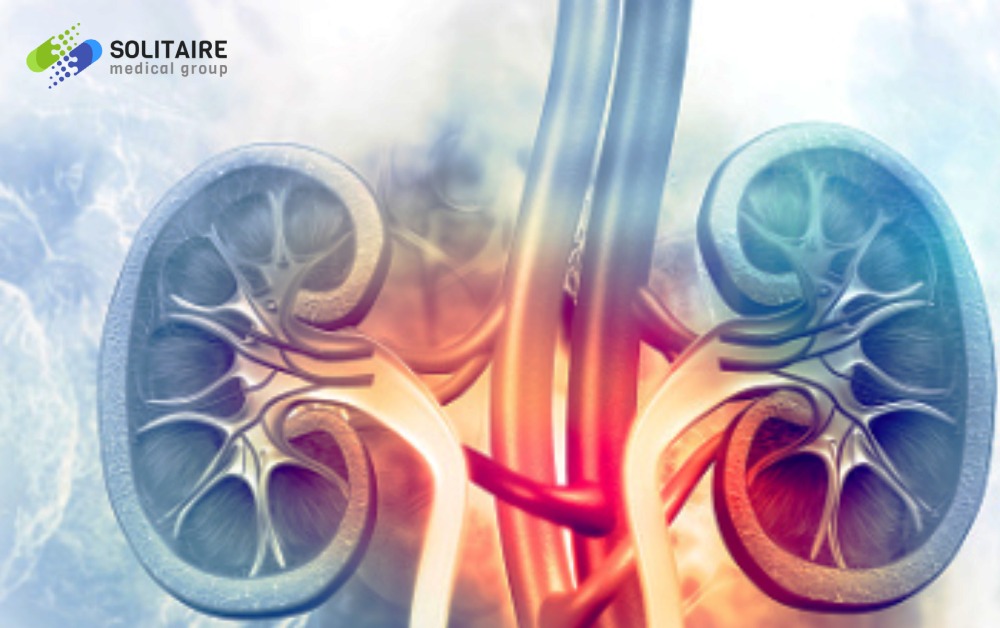Kidney stones are no fun and it strikes thrice as many men as women in Australia, but with the right food, plenty of water and proper diagnosis, you can lower your chances to get them.
Kidney stones and its impact on the body
If someone has ever passed kidney stones, then they will do anything to avoid it again. Kidney stones come with extreme pain that often comes and goes in waves. The pain can even start suddenly and the intensity can keep changing as the stones move.
Kidney stones are solid crystals of various sizes formed in the kidney. These stones can block the flow of urine causing excruciating pain, infection, damage and even kidney failure.
Unfortunately, as we grow older, the odds of forming kidney stones also tends to rise. In fact, once you have kidney stones, you’re already at a higher risk of getting a second one within a few years.
However, if you experience any kidney stone symptoms or if you have one, you must seek medical help from a specialist like Dr Dan Spernat, our specialised urological surgeon.
How are kidney stones formed?
Kidney stones are formed when certain minerals such as calcium, uric acid and oxalate are in excess in the kidneys. These minerals accumulate to grow into crystals that often make their way to the urinary tract.
Once the stones are formed, they can dislodge to pass through the urinary tract and blocking the flow of urine. People with stones may suffer from repetitive severe pain, nausea, vomiting and may see blood in the urine too.
One of the biggest reason for forming kidney stones is not drinking enough water. That means, you won’t urinate much, which gives the stones more chances to grow. Your diet and genes may also encourage kidney stones growth. About 40% of people who gets kidney stones also have relatives who have suffered from kidney stones before.
“If you see any of these symptoms, immediately see a GP,” says Dr Spernat. “The GP is likely to conduct a preliminary assessment of your health, followed by tests such as an X-Ray, a CT scan of the kidneys, a renal ultrasound or a urinalysis to confirm stones.”
What preventive steps you can take to keep kidney stones at bay?
Drink more water – Severe dehydration can cause kidney damage, so it is important to drink enough water to keep calcium and uric acid diluted in order to prevent stone formation. It is best recommended to drink enough water to pass about 2 litres of urine to keep healthy kidneys.
Reduce consumption of sodium-rich food – A diet rich in sodium can trigger kidney stones because it increases the amount of sodium in your urine.
Limit animal protein – Eating too much animal protein such as red meat, poultry, seafood and eggs increases the level of uric acid in our body. Animal protein also reduces the level of urinary citrate, which is responsible to prevent stones from forming.
Eat calcium-rich food – Dietary calcium helps to bind the oxalate preventing it from getting absorbed into our bloodstream. This reduces the amount of oxalate in the urine, so there is less chance of suffering from kidney stones.
Eat more citrus fruits – Citrus fruits such as lemon, orange and grapefruit has citrate, a type of citric acid salt. They can bind calcium and prevent stone formations in the kidney.
Symptoms of kidney stones

Some kidney stone may not come with any symptoms. However, some people may see some of these symptoms:
- Frequent urinating and bladder pressure due to stones passing down the urinary tract
- A wave of extreme pain that may come in an interval of 20 minutes to 1 hour.
- Passing of small stones often caused by uric stones
- Passing of blood in the urine.
- Fever and sweating
- Infection
- Nausea
If you get any of these symptoms, it is best advised to seek medical assistance from a specialist like a Urologist or a Urological Surgeon.
If you need any help with your kidney health, you can consult our specialist, Dr Dan Sperman. You can book an online appointment at your preferred location.

